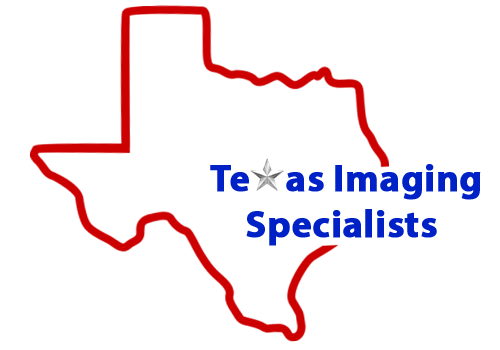High cholesterol, also known as hyperlipidemia, is a condition in which the blood contains elevated levels of lipids (fats). This greatly increases risk for heart attack and stroke. According to the Center for Disease Control, about 1 in 5 adolescents have an unhealthy cholesterol reading, and nearly 93 million U.S. adults age 20 or older have high cholesterol. Because of the link to cardiovascular disease, heart attack, and stroke, and the fact that it is not age- dependent, everyone ages 20 and over should be screened for high cholesterol.
Cholesterol
Cholesterol is a waxy, fat-like substance that is actually very important to the body. Our bodies need some cholesterol to make hormones, vitamin D, and substances that help digest foods. It is important to note that the body makes its own cholesterol (produced in the liver) and is able to produce all the cholesterol it needs. Excess cholesterol in the blood can lead to a build-up of fatty deposits in the arteries (plaque) causing them to narrow (the condition known as atherosclerosis). Atherosclerosis is the leading cause of heart attacks and stroke. Because there are no symptoms associated with high cholesterol, having a screening done is vitally important.
Risk Factors
A diet high in fat is the greatest contributor to elevated cholesterol levels as well as the following:
- Lack of exercise
- Obesity
- Diabetes
- Age
- Smoking
- Personal or family history of atherosclerosis, heart disease, or stroke
Your Screening & What to Expect
The good news is that your cholesterol/lipid levels can be determined by a simple fingerstick blood test. Measured in milligrams per deciliter (mg/dL), the following ranges are considered optimal:
- Total cholesterol – under 200 mg/dL
- HDL/good cholesterol – 50 mg/dL or over
- LDL/bad cholesterol – under 100 mg/dL-
- Triglycerides – 150 mg/dL or lower
As you can see from the above values, not all cholesterol is bad. HDL is considered “good cholesterol” because it has been shown to actually protect against heart attack and stroke. Learning what constitutes a heart-healthy diet is extremely important (see below). Your results will be sent to you, and you are encouraged to share them with your primary care physician.
If your screening indicates that you are positive for high cholesterol, you can expect your physician to recommend the following:
- Begin a heart healthy diet
- exercise regularly
- lose weight if necessary
- Quit smoking
- Remain compliant regarding management of diabetes, hypertension, and heart disease if applicable
- Begin taking any newly prescribed, cholesterol lowering medications as soon as possible
Transitioning to a heart healthy diet and lowering cholesterol is important for everyone. The best way to get there is by eating less foods that contain saturated fat and trans-fat (this will help lower your bad cholesterol level), and adding healthy fats to your diet (this will help to increase your good cholesterol level) This includes:
Avoiding Saturated fat – Fatty beef, bacon, sausage, lamb, pork, butter, cheese, and other dairy products made from whole or two-percent milk.
Avoiding Trans-fat – commonly found in fried foods and baked goods (doughnuts, cakes, pies, cookies) as well as frozen pizza and stick margarine.
Sources of healthy fat include: Vegetables, nuts, seeds, fish, olive oil, peanut oil, canola oil, and avocados. These will help to raise your HDL, or “good cholesterol” level. Lowering dietary sodium and increasing fiber is also recommended.
It is highly recommended that everyone 20 years old and over get screened for high cholesterol as soon as possible and obtain repeat screenings regularly.

